Luskin Center Research Fellows for 2025-26
The UCLA Luskin Center for History and Policy is pleased to announce its next class of Luskin Fellows for 2025-26. The Luskin Center is one of the first institutions of its kind in the nation to bring together in-depth historical research and cutting-edge policy analysis.
The Luskin Research Fellowships for 2025-26 have been awarded to research teams comprising UCLA faculty, undergraduate and graduate students. Five Research Grantee teams were selected this year from a record number of very strong proposals. These research teams are awarded funds to conduct collaborative research that will bring historical analysis to bear on specific national and international issues of contemporary relevance. The teams are specifically asked to produce historical research and policy analysis that will aim to solve the contemporary issue they have identified.
The winning teams are:
Tracing the Structural Roots of the Latino Wealth Gap
This project addresses a critical but understudied dimension of racial inequality in the U.S.: the Latino wealth gap. In 2022, the median Latino household held a quarter of the wealth of white households. The team will explore three primary questions: What historical and contemporary structural barriers have contributed to the contemporary Latino wealth gap? How do Latino subgroups experience wealth disparities differently? What indicators best define and measure Latino wealth over time?
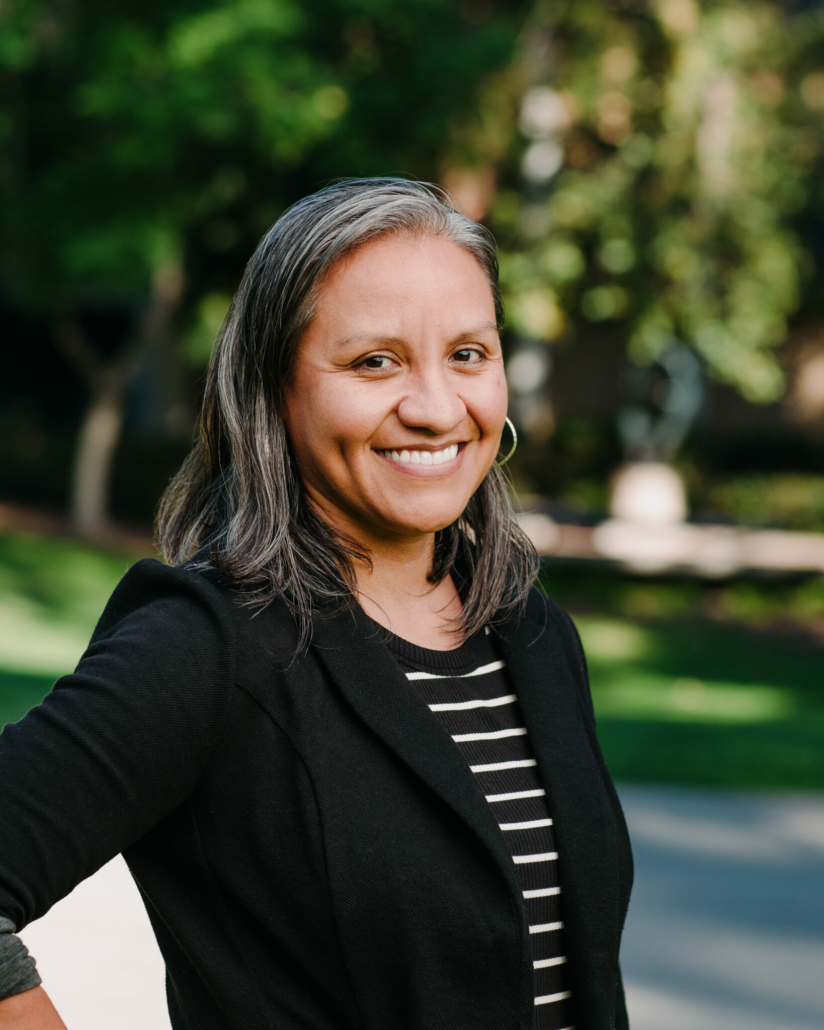
Amada Armenta
Dr. Amada Armenta is the Faculty Director of the Latino Policy and Politics Institute (LPPI) and an Associate Professor of Urban Planning at the UCLA Luskin School of Public Affairs. Her research explores the intersections of immigration enforcement and the criminal justice system, and their impact on immigrants, bureaucracies, and cities. Her award-winning book, Protect, Serve, and Deport: The Rise of Policing as Immigration Enforcement (University of California Press, 2017), examines how local law enforcement agencies engage in immigration enforcement in Nashville, Tennessee. Currently, she is working on her second book project on the legal attitudes of unauthorized Mexican immigrants in Philadelphia. Her research has been published in leading sociology, law and society, and policy journals, with support from the American Sociological Association, the National Science Foundation, and the Andrew W. Mellon Foundation. Dr. Armenta earned her M.A. and Ph.D. in Sociology from UCLA and her B.A. in Political Science from Rice University.
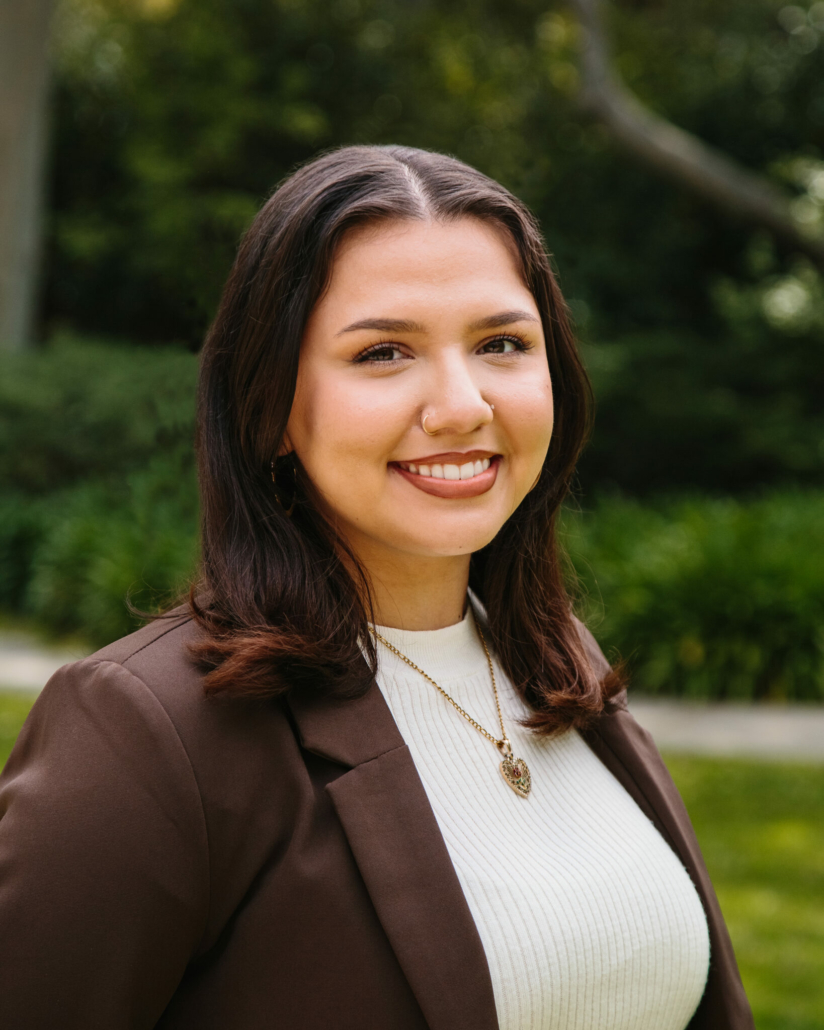
Mariah Bonilla
Mariah Bonilla is a Project Policy Analyst at UCLA LPPI and serves as Project Coordinator for the Latino Data Hub. She supports community outreach and evaluation across the Hub’s research and programming. Previously, she co-authored Young Black Changemakers and the Road to Racial Justice (Cambridge University Press, 2024), writing on the launching points of civic engagement and the role of organizations in sustaining youth activism. Mariah was also a Youth Justice Fellow at the Social Justice Learning Institute, where she advanced advocacy through coalition building, direct action, and international partnerships. Born and raised in Los Angeles, she began organizing at 16 as a junior community organizer. Her interests center on criminal legal research and advocacy, with a focus on youth and racial justice. Mariah holds a B.A. in Public Affairs with a minor in Chicana/o Studies from UCLA and is an alumna of LPPI’s Research Department fellowship.
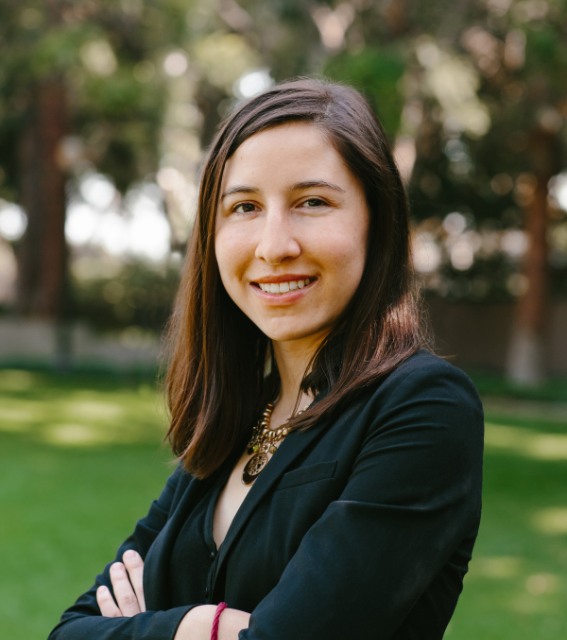
Gabriella Carmona
Gabriella Carmona is a Senior Research Analyst at UCLA LPPI, where she supports the institute’s growing research portfolio on housing and Latino wealth building. She previously served as a Policy Analyst in LPPI’s Mobilization Department (2021-2022) and as a Graduate Student Researcher (2022-2024). Gabriella has also worked as a Senior Policy Associate at New American Economy, supporting a national network of cities, chambers, and nonprofits with research and technical assistance on immigrant integration. She brings expertise in leveraging urban design and policy to address social and economic inequities, with a focus on democratizing data and empowering communities to shape their neighborhoods. Gabriella earned her master’s degree in Urban and Regional Planning at UCLA, concentrating in Urban Design. Her capstone developed a novel methodology for quantifying Latino housing insecurity in California. She holds a B.A. in History and Political Science from Williams College, where she was a Mellon Mays Fellow.
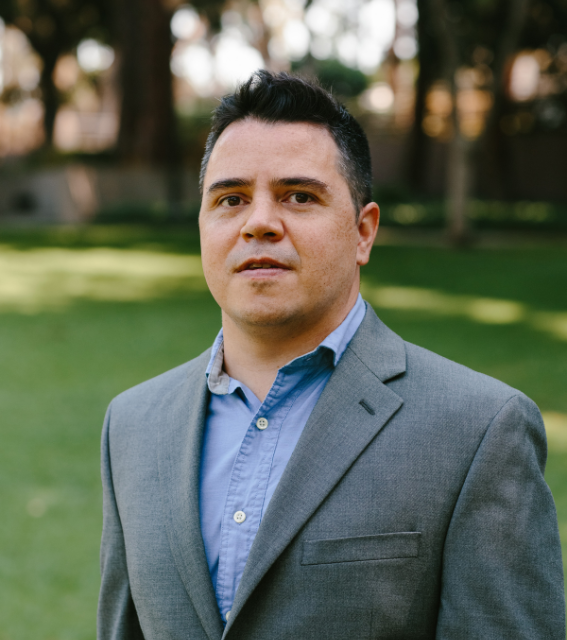
Rodrigo Dominguez-Villegas
Dr. Rodrigo Dominguez-Villegas is the Director of Research at UCLA LPPI, where he develops and leads the institute’s research portfolios and mentors policy fellows. His expertise spans international migration, return migration, and Mexico’s migration policy. Previously, he worked at the Institute for Social Science Research at the University of Massachusetts–Amherst and as a research consultant for the Migration Policy Institute in Washington, D.C. His publications and policy reports have been featured in over 50 national and international outlets, including The New York Times, NPR, NBC News, Al Jazeera, El País, and Reforma. Rodrigo’s work has also informed public policy; he has testified before the Canadian Parliament and served as a country expert in U.S. deportation cases. He holds a Ph.D. and M.A. in Sociology from the University of Massachusetts–Amherst, and a B.A. in Economics and Geography from Middlebury College.
Seeds of Talent: The Longterm Effects of Knowledge Transfers through Foreign Education
This project examines how foreign education shaped China’s scientific and academic development by analyzing the experiences of Chinese scholars who studied in the United States, with a particular emphasis on the 1940s and 1950s. We trace both their individual career trajectories and their broader institutional influence, focusing on how knowledge acquired abroad was transmitted or transformed upon return. By evaluating changes in research topics, influence, and productivity between Chinese scholars who returned to China and those who remained abroad, the team hopes to shed light on the broader role that returnees played in building China’s scientific infrastructure.

Michela Giorcelli
Michela Giorcelli is an Associate Professor (with tenure) at the Department of Economics of UCLA. She is also a Faculty Associate at the National Bureau of Economic Research, and a research affiliate at CEPR, CESifo, IZA, J-PAL and CCPR. She serves as an Associate Editor at the Journal of Economic History. She holds a PhD in Economics from Stanford University.
Prof. Giorcelli is an economic historian and an applied-micro economist, whose research focuses on the managerial and technological drivers of productivity and innovation in the long-run run. Her book project "Professionals and Productivity: the Diffusion of Soft Technologies during and after WWII", under contract with Princeton University Press, analyzes the role of WWII in spurring management practices adoption in the US and their diffusion in Europe and Japan in the war aftermath.
Her work has appeared in leading economic journals, such as the American Economic Review and the Journal of Political Economy, and been funded by the National Science Foundation, the Russell Sage Foundation and the NBER. Her research has been awarded the Kiel Excellence Award in Global Economic Affairs (2020) for contribution to the fields of economic history and innovation, the Gerschenkron Prize (2017), and the Kauffman Foundation Fellowship Award (2016). She has received the UCLA Warren C. Scoville Award for Distinguished Teaching.

Bo Li
Bo Li joined Guanghua School of Management, Peking University as an Associate Professor of Finance. Before joining Peking University, she served as Assistant and Associate Professor at Tsinghua University PBC School of Finance (2013–2023). She is the recipient of a number of grants and awards, such as the 2023 Masahiko Aoki Award, a biennial prize given to the best paper in economics and finance.
She conducts interdisciplinary research with primary research focusing on the intersection between finance, political economy and economic history. Specific interests include technological adoption and industrial development in history, with a special interest in the role of the government in industrial policies. Her recent research agenda covers a range of topics including corruption, bankruptcy law, industrial policies, and venture capital market in emerging economy such as China. Her research has been published in various top academic journals, such as the Journal of Political Economy, Management Science, Review of Finance, the Journal of Law, Finance, and Accounting. She developed numerous cases for MBA and EMBA classes (including Harvard Business School Cases) and focused on law and finance in emerging markets.
She holds a PhD in Economics from Queen’s University, an MSc in Economics from the University of British Columbia, a BA in Economics from the Western University in Canada.

Yujing Huang
Yujing Huang is a third-year doctoral student in the Global Economics and Management group at the UCLA Anderson School of Management. Her research examines how policies shape the allocation and development of human capital across time and space, drawing on perspectives from economic history, political economy, and the economics of culture. Her current projects explore the long-term effects of U.S.-trained Chinese scholars’ return migration in the mid-20th century, the impact of post-WWII surplus infrastructure transfers on U.S. universities and regional mobility, the persistence of historical religious conflict in China, and the lasting effects of recessions on global well-being. Her work has been supported by the Templeton Religion Trust, the UCLA Price Center, and the Luskin Center for History and Policy. She has presented at numerous academic conferences, including AEA/ASSA, ASREC, SIOE, and WEAI.
Landback and Reparations in Santa Monica
This project will explore the intersection of land returns to Indigenous populations and reparations for Black communities, specifically
focusing on Santa Monica. By analyzing the harms caused by the City of Santa Monica to its Black and Indigenous populations in the 20th century, this project aims not only to create a historical account of these events but also to partner with local educators to create classroom-ready resources to help educators teach about Landback for Indigenous communities and reparations for Black communities, grounded in the local history of Santa Monica. Drawing on the research of the city’s Landback and Reparations Task Force and designed by local educators, these materials will include lesson plans, primary sources, maps, oral histories, and experiential learning that highlight histories of harm, resilience, and resistance. By connecting past injustices to present civic engagement, the project aims to equip students and educators with the tools to understand and act on the intertwined struggles for justice.
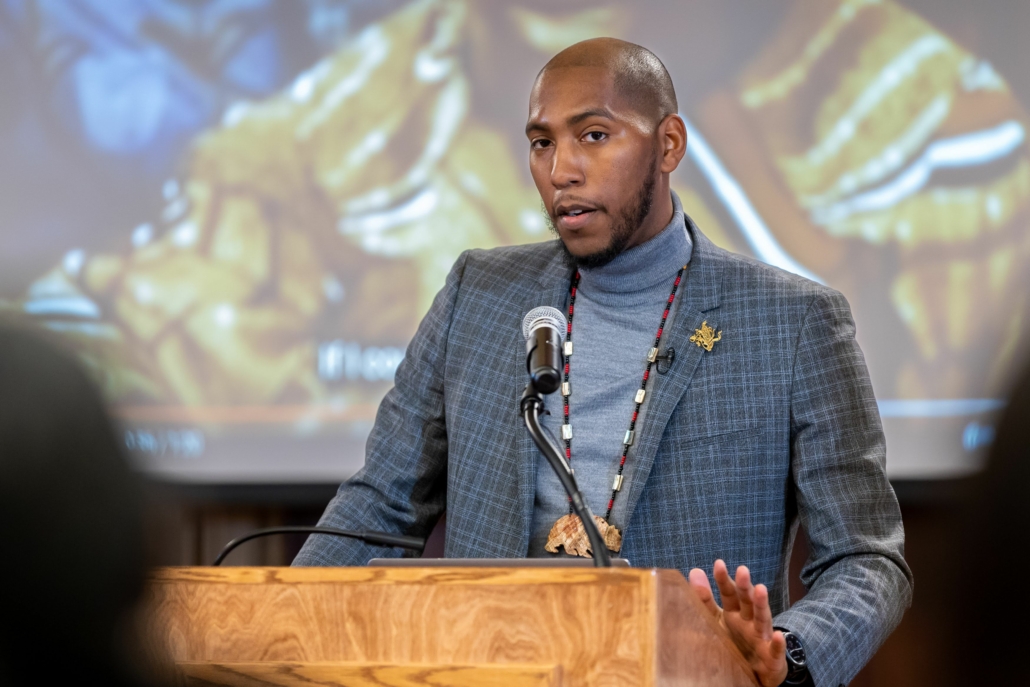
Kyle T. Mays
Kyle T. Mays (he/him) is an Afro-Indigenous (Saginaw Chippewa) scholar of Afro-Indigenous history, urban studies, and contemporary popular culture. He is Professor of African American Studies and History at UCLA. He is the author of five books, including An Afro-Indigenous History of the United States (Beacon Press, 2021) and When We Are Kin: The History and Future of Afro-Indigenous Solidarity (Haymarket, 2026).

Peta Lindsay
Peta Lindsay is a lifelong community organizer and award-winning educator committed to student-centered, culturally responsive education. She serves as Associate Director of the UCLA History-Geography Project, supporting K-12 districts in developing sustaining history, Ethnic Studies, and social studies instruction. Lindsay taught social sciences in Los Angeles high schools for a decade, teaching courses that included Introduction to Social Justice Activism, Ethnic Studies and AP African American Studies, empowering students through critical inquiry and civic engagement. A graduate of Howard University (B.A. History and African American Studies) and USC (M.A. Teaching), she began organizing as a youth anti-war leader and has worked extensively for racial, social, and economic justice over the years. Lindsay currently serves on the City of Santa Monica Landback and Reparations Task Force, using her skills in education and community organizing to expand this work in K-12.
A Graphic Novel Interpretation of Reproductive Healthcare Policy and Ethics
This project seeks to translate historical insights about reproductive healthcare in colonial Mexico into popular knowledge, with the ultimate goal of influencing healthcare policy and advocacy. At the core of this project is the translation of O’Brien’ scholarly archival research on the history of abortion, medical racism, and the historically rooted social struggle for reproductive justice. It seeks to broaden these scholarly conversations by rendering history in a visual language while also collaborating with policy makers and activists.
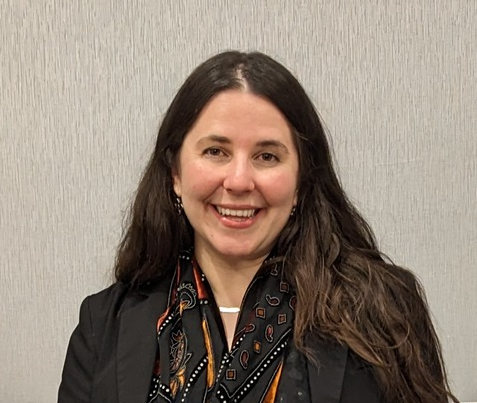
Elizabeth O’Brien
Elizabeth O’Brien is an Associate Professor of the History of Medicine and Latin American History. O’Brien has published about various topics in the history of medicine, including the history of fertility control, abortion, eugenics, and obstetric violence; the history of ideas about race, racism, and Indigeneity in medicine; and people’s popular demands for healthcare in 1930s Mexico. Her book, Surgery and Salvation: The Roots of Reproductive Injustice in Mexico (1770-1940) was published by UNC Press in 2023 and received honors from the Latin American Studies Association, the American Association for the History of Medicine, the American Academy of Religion, and the Berkshire Conference for Women’s Historians.

José Arboleda
José Arboleda is an illustrator and multi-media artist from Bogotá, Colombia. He has an MA in Fine Arts from the Instituto de Bellas Artes de Cali, Colombia. He has participated in a range of international workshops, such as the Goethe-Institut 2018, and has produced several documentary films, including Género: Salsa, which headlined the MicGénero film festival in Mexico’s National Film Institute (2025). Arboleda has recently illustrated Visions of Global Environmental Justice: Comunidades Negras and the War on Drugs in Colombia by Alex Huezo (UC Press, 2025), as well as a graphic novel entitled Resistencia Afro-Pacífica.
Staging Heritage: Policy Lessons from Global Cultural Events for the 2028 LA Olympics
This project will explore how cultural programming is prepared and presented for international events such as the Olympics and other mega-sporting events. Specifically, this project will analyze the Olympics in 1984 (Los Angeles), 2012 (London), 2024 (Paris), and the 2022 FIFA World Cup in Qatar to understand how cultural heritage presents national identity and crafts public memory and history, often excluding Indigenous and other marginalized voices and perspectives. Ultimately, the outcomes of this project will inform institutions currently shaping programming for the Olympics in Los Angeles in 2028.
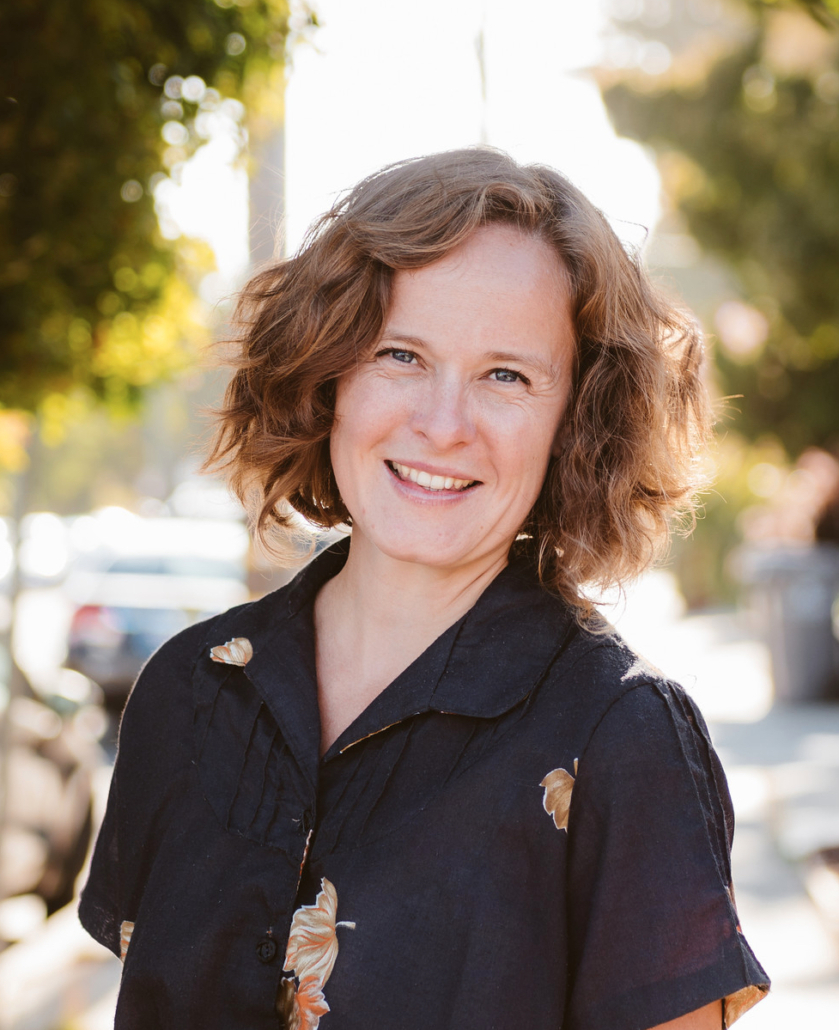
Tawny Paul
Tawny Paul is the Director of the Public History Initiative at UCLA. An award-winning social and economic historian, her research addresses themes of capitalism, poverty and debt, and labor. She has a deep interest in why history matters, and how events, places and people are commemorated in popular culture and in museums. Her recent work on commemorative street naming was published in the American Historical Review. As a public historian, Paul is interested in how to most effectively communicate history to broader publics, a theme addressed in her book Art and Public History: Interdisciplinary Approaches, Opportunities and Challenges (2017). She is committed to using history to think critically about current social problems. Drawing on her research on the history of debt, she is interested in modern forms of debt incarceration and debates over bail reform. Her work exploring the long history of work and the gig economy has been featured on BBC Radio, The Conversation, and Business Insider, amongst others.
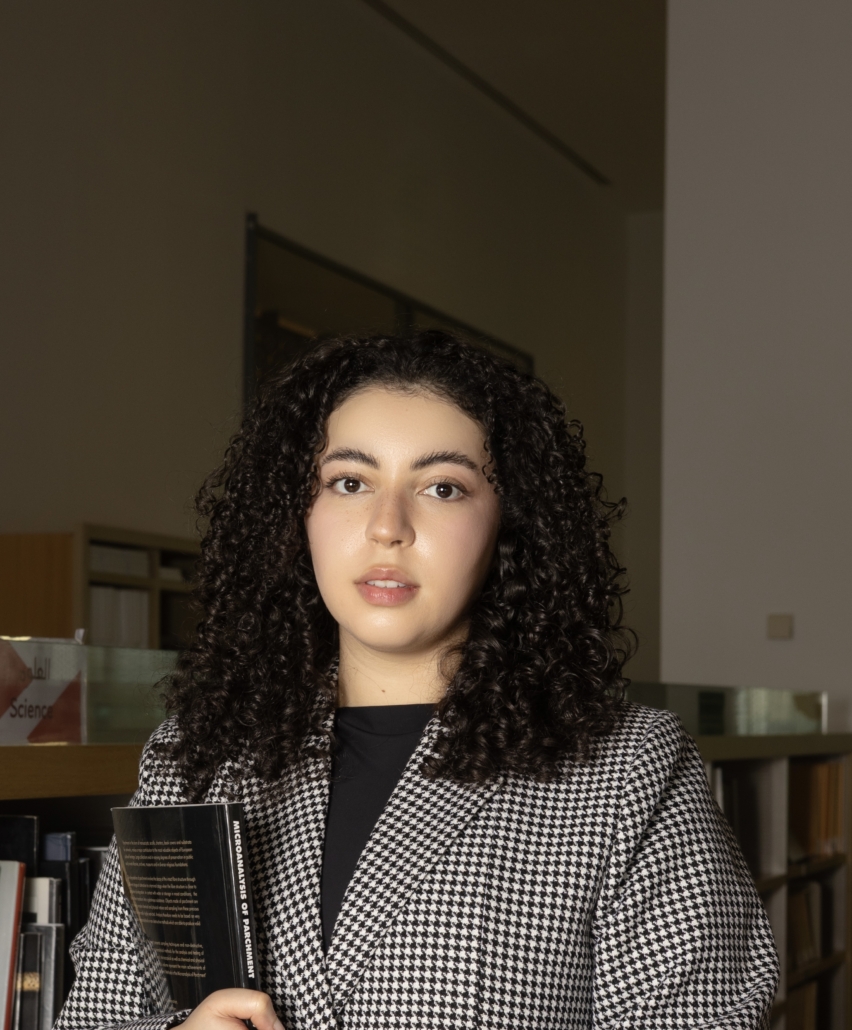
Anaghime Esmeralda Ziani
Anaghime Esmeralda Ziani is the founding Director of International Heritage Development at Qatar Museums. She has served as curator, museography and interpretation manager, and spokesperson for Qatar Museums, overseeing one of the core exhibitions for the FIFA World Cup Qatar 2022. She leads international heritage development initiatives across the MENASA region and has represented Qatar at UNESCO’s World Heritage Committee. She also advises Qatari ministries on institutional frameworks for international cooperation, and contributes to the development of heritage education and cultural rights in curricula at universities in Qatar, France, and the United States.
She is a Section Editor at the Journal of Conservation and Museum Studies. A UCLA alumna in political science and history, she brings her cultural and policy expertise to shaping inclusive and globally engaged approaches to cultural programming and heritage preservation, informed by partnerships with leading universities and institutions worldwide.

